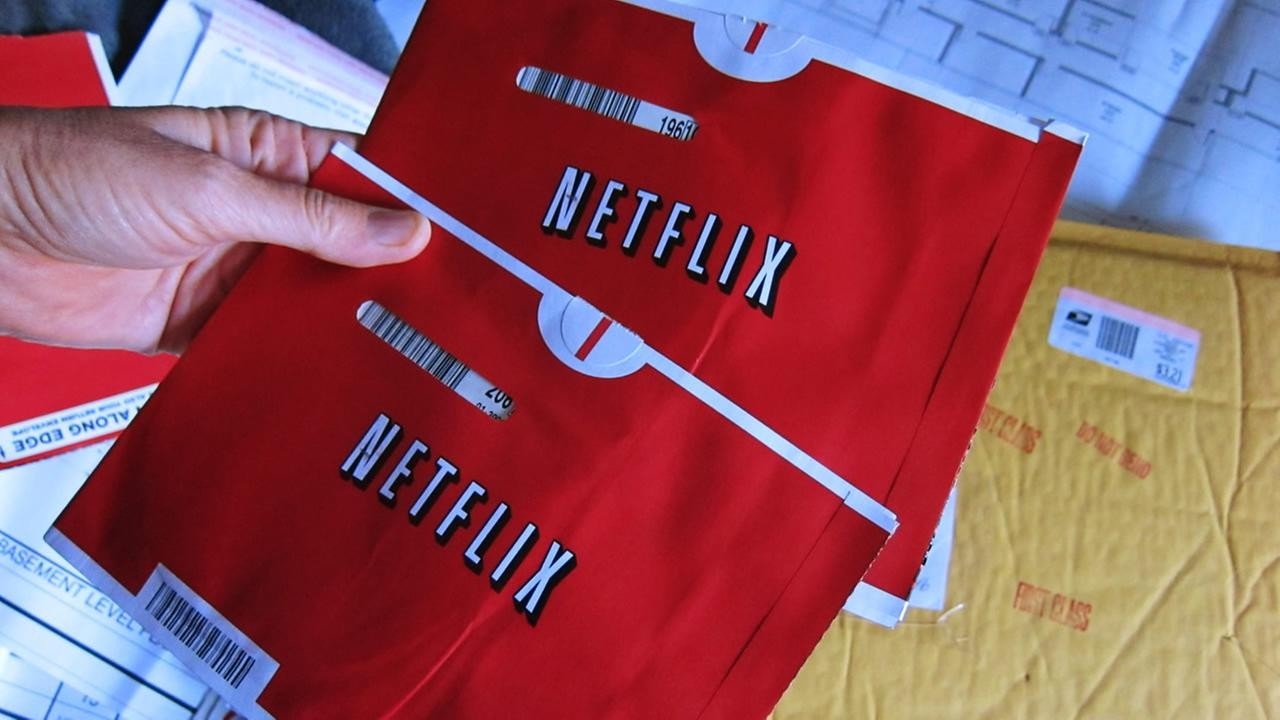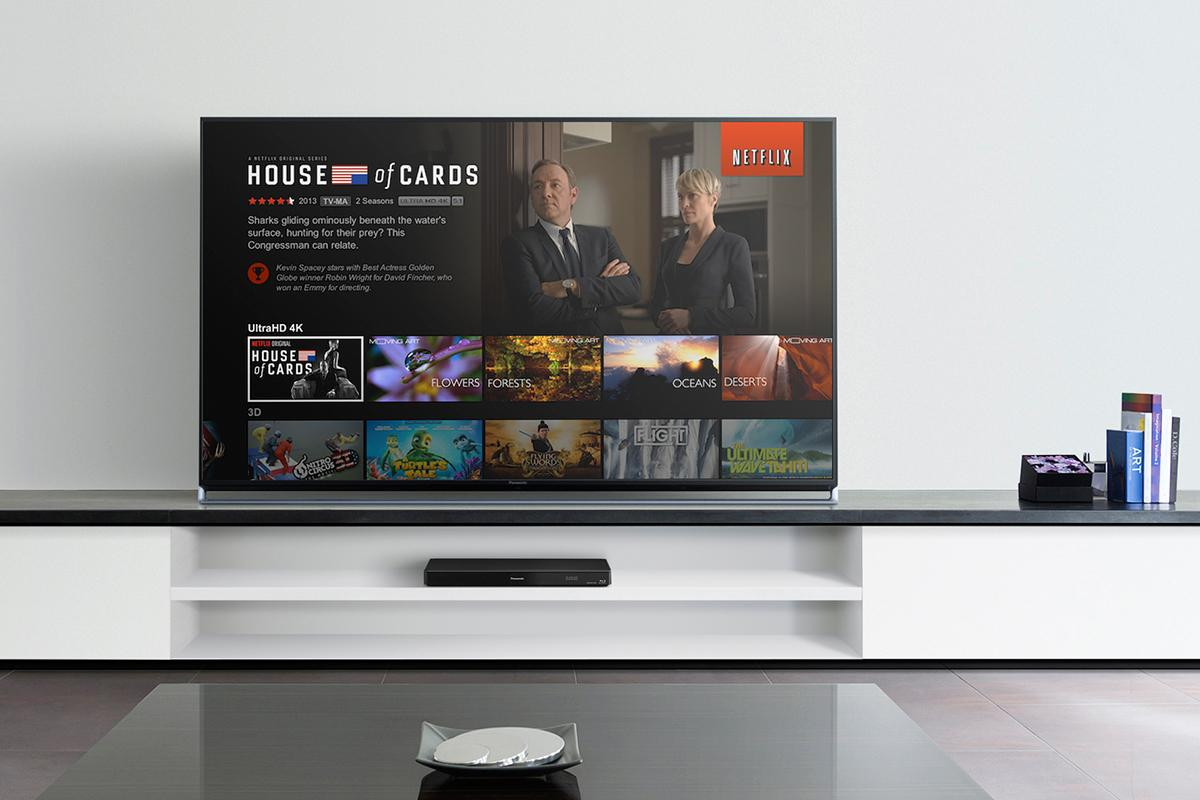Time flies when you're having fun and for millions of people around the globe, there's no better way to do so than to Netflix and chill (minus the sexual connotation).
It's been nearly a decade since Netflix launched the streaming video offering that would eventually replace the DVD-by-mail rental service. That business still exists - now branded as DVD.com, A Netflix Company - but it pales in comparison to streaming and the impact it has had on the industry.
This colossal shift in how we consume media has forced the entire entertainment industry to reinvent its distribution strategies.
As Torrent Freak correctly highlights, sales of DVDs and Blu-ray discs for years have served as the primary revenue source for the movie industry but with the emergence of streaming, it's fair to wonder what sort of impact the new medium would have on disc-based sales.

A recent study from Hong Kong university researchers based on a "natural experiment" attempts to shed some light on the subject.
In 2015, Netflix decided to let its contract with cable network Epix expire. This meant that a number of fan favorites like The Hunger Games franchise and Transformers: Age of Extinction would no longer be available for Netflix subscribers to stream. Shortly after, Hulu, which has a much smaller market share, announced that it had agreed to carry Epix's catalog.
When accounting for variables between the two streaming providers, researchers found that the decline in streaming availability of Epix's content led to a 24.7 percent increase in their DVD sales in the three months following the split with Netflix. These results, the researchers said, validate the industry's concern that video streaming services displace physical DVD sales.
This certainly helps to explain why new releases aren't always available right away on Netflix. It's not that Netflix is cheap or doesn't want to appease their subscribers but rather, studios want to maximize profits by going to DVD first.
